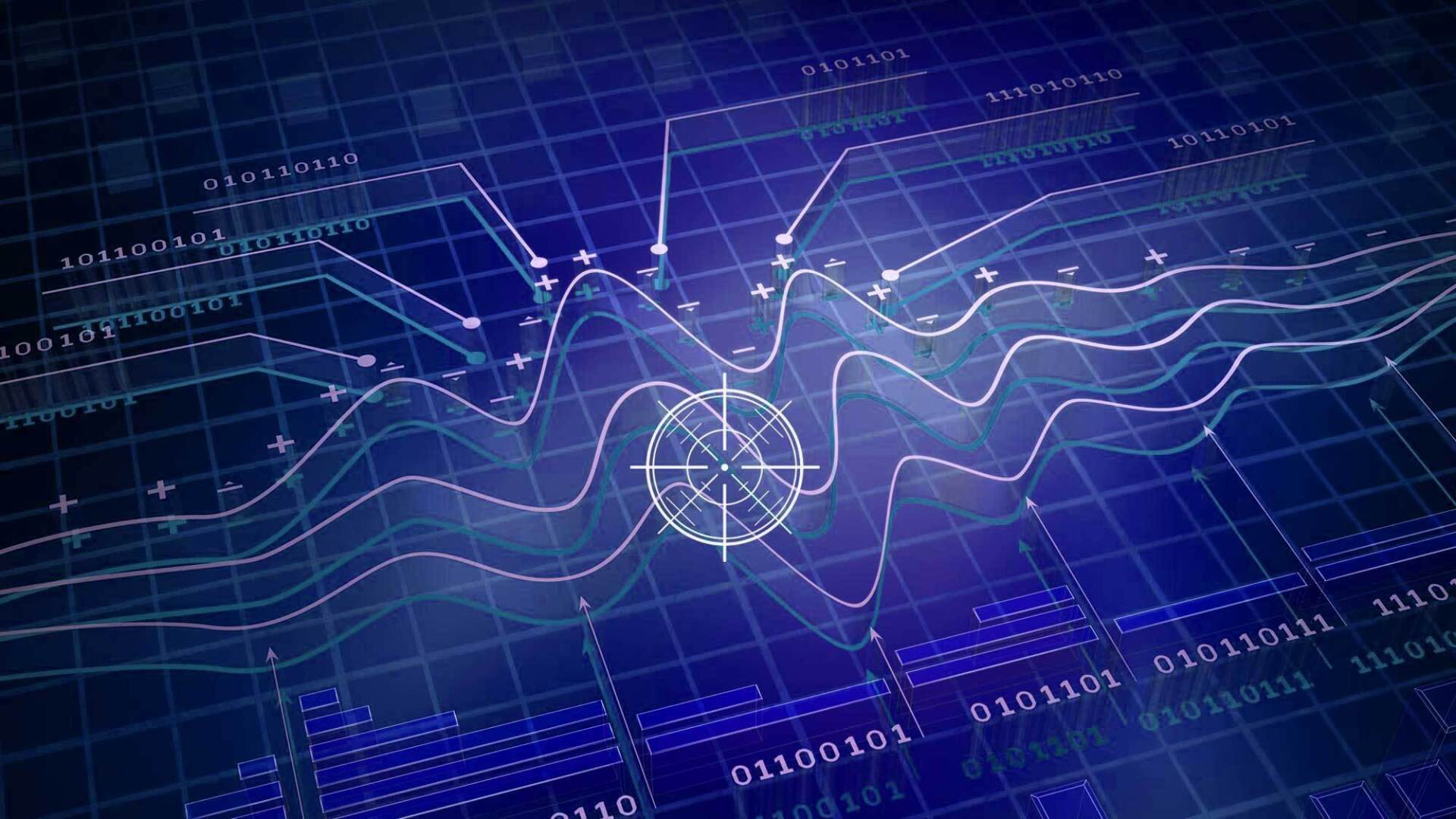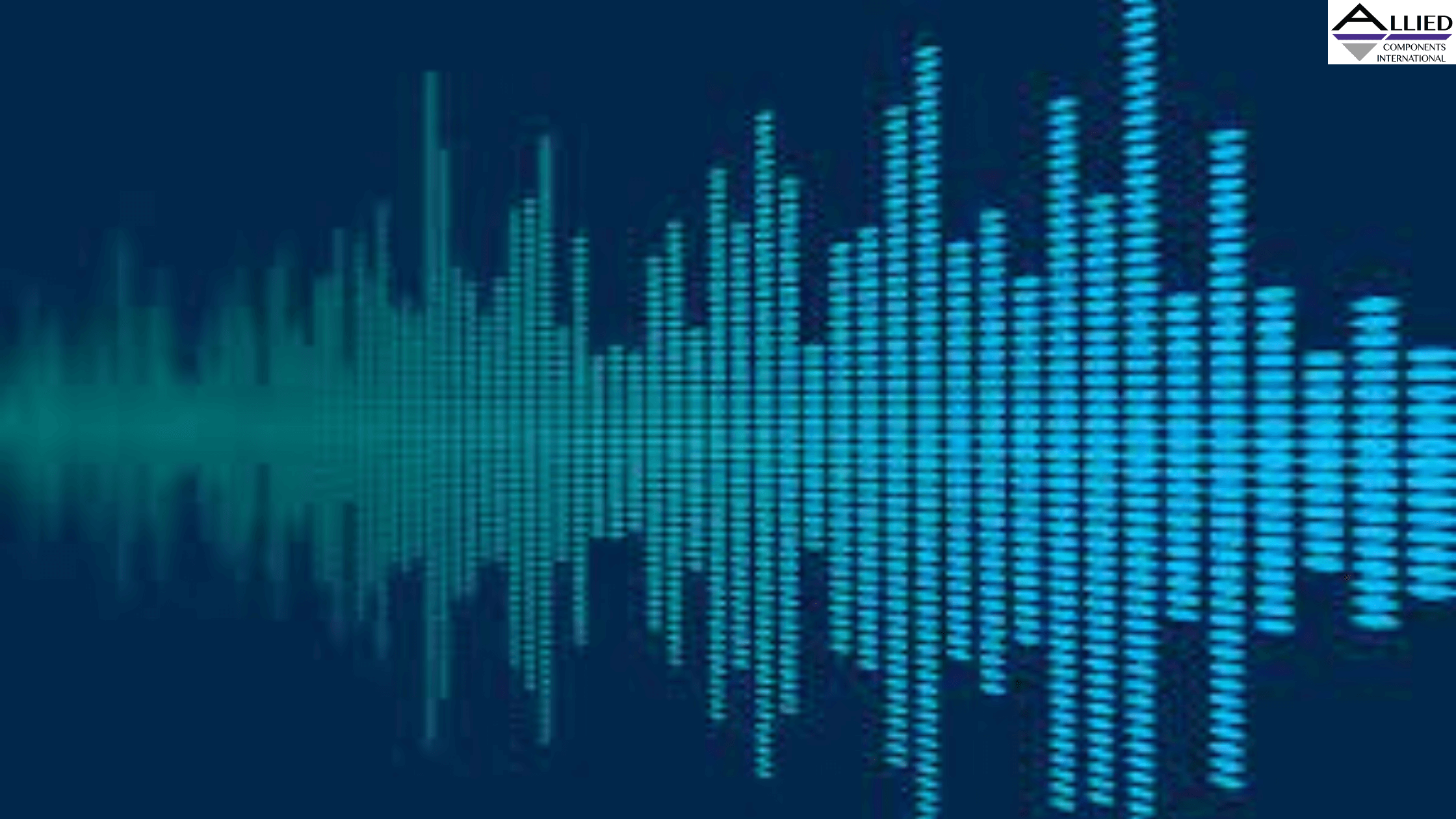Why Digital Signal Processing Digital Signal Processors DSP take real world signals like voice audio video temperature pressure or position that have been digitized and then mathematically manipulate them A DSP is designed for performing mathematical functions like add subtract multiply and divide very quickly Signals need to be processed so that the
What is Digital Signal Processing DSP Digital Signal Processing is the process of representing signals in a discrete mathematical sequence of numbers and analyzing modifying and extracting the information contained in the signal by carrying out algorithmic operations and processing on the signal Block diagram of a DSP system Why use a DSP Digital Signal Processing 101 An Introductory Course in DSP System Design Part 2 by David Skolnick and Noam Levine Download PDF If you ve read Part 1 of this series or are already familiar with some of the ways a DSP can work with real world signals you might want to learn more about how digital filters such as those described in Part 1 can be implemented with a DSP This
Why Digital Signal Processing

Why Digital Signal Processing
https://lirp.cdn-website.com/15affbbf/dms3rep/multi/opt/USASIC+-+DSP-1920w.jpg

Why Digital Signal Processing YouTube
https://i.ytimg.com/vi/Wro14ty79_w/maxresdefault.jpg

10 Best Digital Signal Processing Blogs Websites To Follow In 2023
https://blog.feedspot.com/wp-content/uploads/2018/10/Digital-Signal-Processing.jpg
Figure 5 In this case a digital signal processing system is used to add echoes or adjust the tempo and pitch of the voice to get a perfect sound Then the processed signal is delivered to the DAC to produce an analog signal that can be outputted by the speakers Note that there are DSP applications that don t need a DAC For a term so casually used in marketing DSP is a very complex subject At a basic level all digital signal processing does is take a signal for our purposes an audio signal and digitally manipulate it to achieve some sort of desired result That sounds simple but the actual processing and algorithms used can be incredibly complex
Digital signal processing DSP is also far more precise than analog Settings do not drift with time and temperature changes since they are controlled only by the DSP clock and the software not cap or resistor values that change over temperature and time Perhaps the most important feature of a digital converter is its flexibility said Signal processing is key to a wide range of applications from acquisition to display Digital restoration of images and videos Compressed sensing acquisition e g single pixel cameras Image enhancement during acquisition within camera chips Image reconstruction from non image sensors Image quality assessment
More picture related to Why Digital Signal Processing

Digital Signal Processing
https://1.bp.blogspot.com/-BFUYOyGydO0/VWrOExRYWNI/AAAAAAAAAZc/ddhVSHy1txU/s1600/ic-photo-TI--TMS320AV7100PGW--%2528TMS320-DSP%2529.jpg

Digital Signal Processing
https://1.bp.blogspot.com/-kcqs8rSVj_E/Xmz00Omv9dI/AAAAAAAAApQ/y00a8vdkPlsWJI07_pscLmGZC6ZYvB3JwCLcBGAsYHQ/w1200-h630-p-k-no-nu/Digital-Signal-Processing.jpg

Understanding How Digital Signal Processing Works
https://www.alliedcomponents.com/blog/Uploads/digitalsignalprocessing.png
The key reason why digital signal processing systems have a technological advantage today is the computer computations like the Fourier transform can be performed quickly enough to be calculated as the signal is produced and programmability means that the signal processing system can be easily changed This flexibility has obvious appeal Digital Signal Processing The incoming data is handled by the DSP s algorithm software When the processor completes the required calculations it sends the result to the DAC Because the signal processing is programmable considerable flexibility is available in handling the data and improving system performance with incremental programming
Why digital signal processing If you re working on a computer or using a computer to manipulate your data you re almost certainly working with digital signals All manipulations of the data are examples of digital signal processing for our purpose processing of discrete time signals as instances of digital signal processing PROCESSING refers to the applications we want to implement or operations we want to perform on the digital signal The two major end result applications for digital signal processing are digital filters and the fast Fourier transform FFT However there are innumerable other applications or types of processing carried out because they

PDF Digital Signal Processing
https://i1.rgstatic.net/publication/263963856_Digital_Signal_Processing/links/00b4953c69903d757b000000/largepreview.png

Digital Signal Processing Online Videos Digital Signal Processing
https://s3.ap-south-1.amazonaws.com/www.virtulearn.in/DSP.jpg
Why Digital Signal Processing - For a term so casually used in marketing DSP is a very complex subject At a basic level all digital signal processing does is take a signal for our purposes an audio signal and digitally manipulate it to achieve some sort of desired result That sounds simple but the actual processing and algorithms used can be incredibly complex